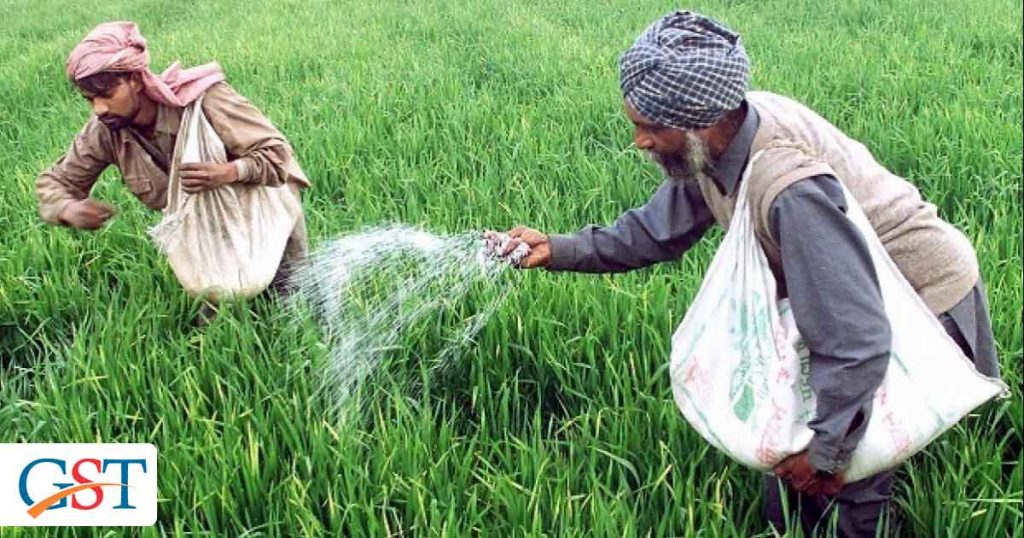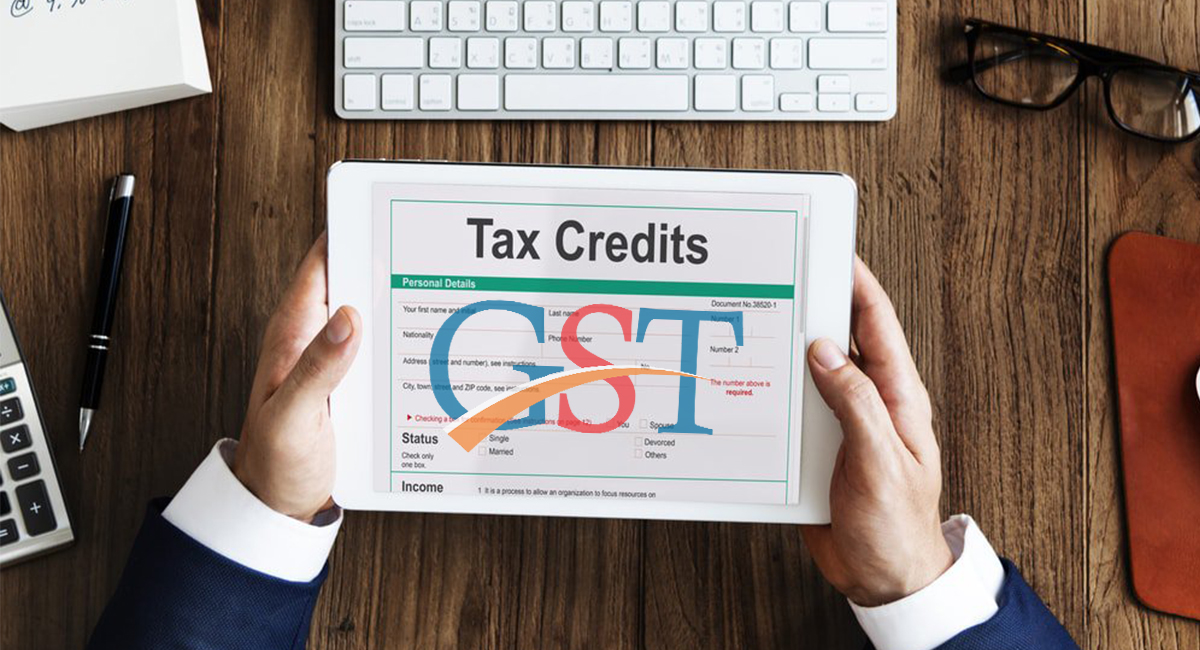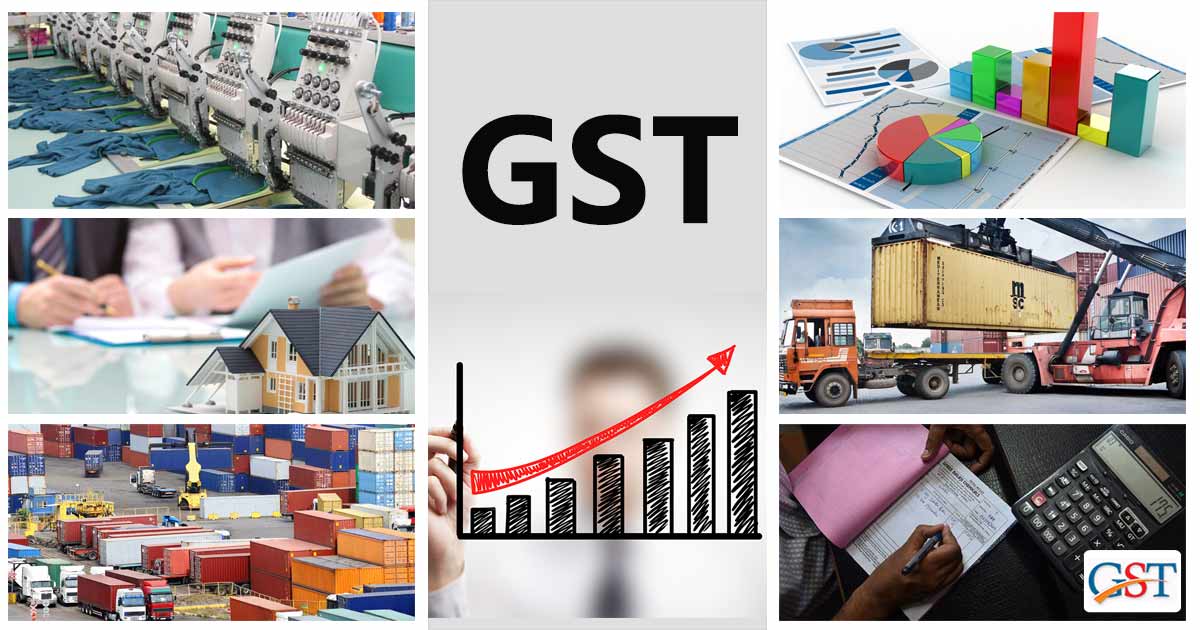
Peculiarly, the sector that sums up half of India’s employment – Agriculture, has been overlooked and Indian farmers have been sufferers of ineffective policy and its inept implementation under the Five-Year-Plans Regime.
Since the beginning of the Five-Year-Plans era when the successive government entered the administration and numerous policy revamps have taken place since independence, Agricultural sector has been encountering an unfair treatment despite the fact that it is the most rewarding & grateful job. Moreover, the commencement of Goods & Service Tax regime has also not been proven to be reassuring for Indian farmers.
Like the pre-GST period, Indian farmers continue to be the puppet of ill-defined policies under the indirect taxation system as well. Input Tax Credit mechanism that facilitates manufacturer or producers to fine-tune the tax payable on output i.e on sales against GST already paid on inputs, is not available for farmers. Indian framers can not claim ITC.
ITC Goes Around the Barn the Indian Farmers
Framers use seeds, pesticides, fertilizers along with other products as farm inputs at the time of sowing. Framers buy these farm inputs from retails shops and pay heavy GST on his purchase at the rate of 18%.
In the same way, Manufacturers when buy the raw material to produce farm inputs also pay GST on their purchases. This tax liability which they have already paid on the purchase of raw material reduces their overall tax liability through the mechanism of ITC under GST 
However, a farmer when sells his products after harvesting but he can not lessen his total tax liability with the taxes which he has already paid on the inputs he purchased from the manufacturer because ITC facility is not available for Indian farmers.
This implies that the manufacturer of farm inputs can claim ITC and adjust their tax liability against the tax already paid on inputs, but farmers can’t claim an ITC and remain starved for the biggest benefit of the GST 
Why no ITC for Farmers?
A farmer can not claim input credit for the GST he paid while buying his inputs because the output he produces or farm produces is GST exempt i.e. they attract nil GST.
When GST rate on output is zero, the ITC eligible to be claimed would also be zero.
Unavailability of ITC for Indian farmers can be a discouraging factor for them.”The inability of farmers to claim input credit tax paid on-farm inputs violates the spirit and foundational principles of the GST system in India.” said Bhagirath Choudhary, founder-director of South Asia Biotechnology Centre (SABC).
Experts’ Views & Suggestions
According to the SABC reports, smallholder farmers who produce pulses, cereals, edible oilseeds, fruits & vegetables and such other products executes an annual GST liability of approx Rs 14,500 crore on-farm inputs.
These farm products are consumed by around 135 crore Indians and are also exported outside India as agriculture and processed food commodities.”The smallholder farmers should, therefore, be provided with fair treatment in virtue of GST principles as they purchase farm inputs for raising crops, and do not consume them as final goods. Therefore, there must be a mechanism for availing input tax credit,” recommends Bhagirath Choudhary.
Dr CD Mayee who is a former Chairman of ASRB, Govt of India and President of South Asia Biotechnology Centre, New Delhi also says “It is a profound tragedy that the hardworking farmers are unable to reap benefits from the claim of input credit tax on paid GST due to the nature of their business, exclusion of farm commodities from GST, and non-enrolment of farmers on GST,”.
According to the Dr CD Mayee, the complex nature of GST which is difficult to be grasped by farmers organizations that includes farm bodies of various political parties is one of the reasons that Indian farmers are deprived of benefits under GST and that the farming communities are unable to claim ITC 
Some lay the blame on the inadequate knowledge of the Indian farmer. P Chengal Reddy, Chief Advisor, Consortium of Indian Farmers Associations (CIFA) said, “99% of farmers are ignorant of governmental policies including GST or export bans or import policies.”
Reap Financial Reward for Feeders
Many experts contradicted the complexity of GST or incompetent knowledge of Indian farmer as a reason for farmers’ misfortune. Instead, they blow the whistle for GST rules that keep all agricultural commodities under the zero-rate tax slab.
Keeping all the agricultural products as GST exempted commodities results in nil ITC claim by Indian farmers. So unlike other businessmen who could offset their tax liability against the GST paid while buying the input materials; farmers have no option to do so
In such a scenario, how to reap financial rewards for feeders, remains a question.
Bhagirath Choudhary of SABC quotes a particular exemption rule as a suggestion”This is in line with the GST principle that goods and/or products consumed as intermediaries are eligible for the input tax credit. Hence, GST exemption on the farm inputs should be exempted in line with the exemption granted on seeds, animal & poultry feed – other two critical farm inputs.”
Bhagirath Choudhary of SABC quotes a particular exemption rule as a suggestion”This is in line with the GST principle that goods and/or products consumed as intermediaries are eligible for the input tax credit. Hence, GST exemption on the farm inputs should be exempted in line with the exemption granted on seeds, animal & poultry feed – other two critical farm inputs.”










Very good article. Farmers pay up huge GST but they cant claim it mostly due schewed policies and lack of general awareness towards taxation regime.